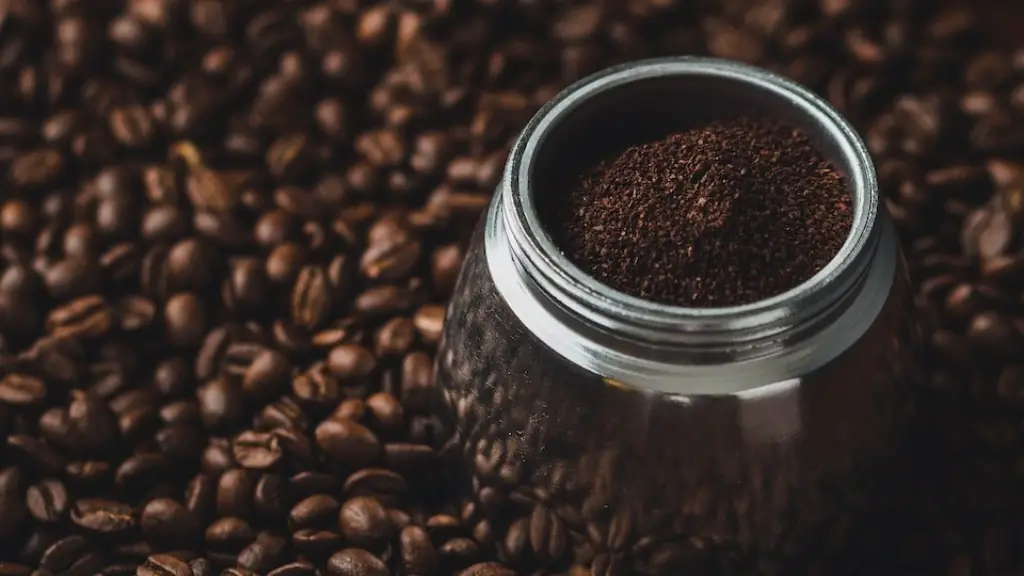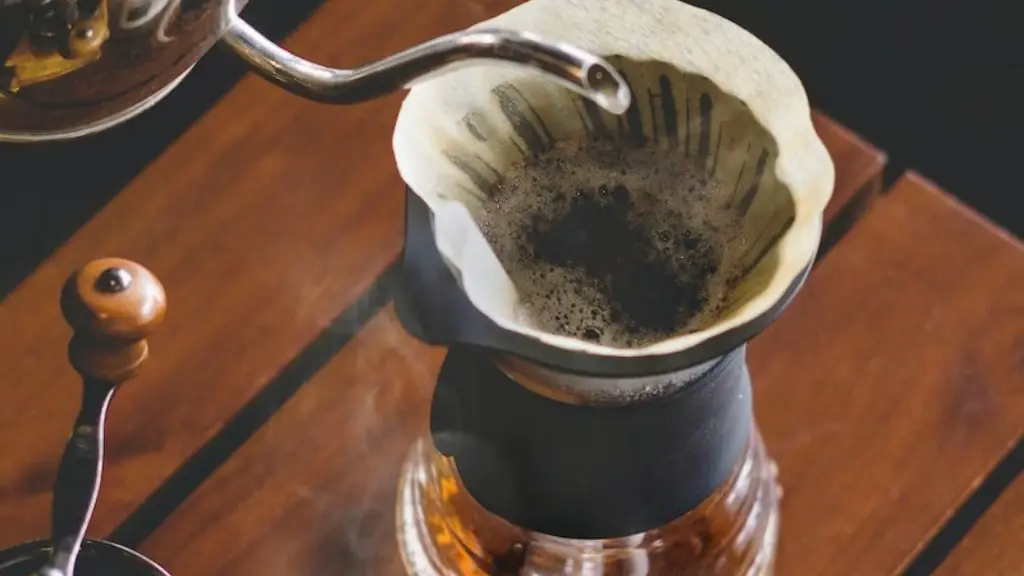Introduction
Coffee is one of the most cherished beverages in the world and a favourite of millions of people. It has a variety of health benefits, ranging from helping to reduce the risk of multiple diseases to improving mental alertness. But what if you have recently had surgery to remove your wisdom teeth? Can you still drink coffee after wisdom teeth removal? This article will give you the answer.
Effects of Coffee After Wisdom Teeth Removal
According to the Academy of oral and maxillofacial surgeons, drinking coffee after a wisdom teeth removal can be detrimental. The reason behind this is that drinking hot beverages such as coffee can irritate the surgery site, leading to pain and swelling. Secondly, caffeine has a constrictive effect on the blood vessels, which reduces the blood flow and can slow down healing. Moreover, drinking coffee can cause sensitivity and discomfort to the area, making it difficult to recover quickly.
In some cases, drinking coffee after wisdom teeth removal may even lead to infection or dry socket. The dry socket occurs when the wound does not seal properly, leaving the socket exposed to bacteria. In such cases, one should immediately consult a dentist to get the proper treatment.
Alternatives to Coffee
In order to avoid any complications after wisdom teeth removal, one can opt for some healthier alternatives to coffee. For instance, one can drink cool water, decaffeinated tea or even vegetable juices. Herbal tea made with herbal ingredients such as chamomile and peppermint are particularly beneficial for healing and can help soothe the pain and discomfort. In addition, one can also take over-the-counter pain medications to help reduce inflammation and pain.
Considerations
Before drinking anything after wisdom tooth removal surgery, it is important to consult with a dentist. A dentist can provide the best advice in terms of when it is safe to drink coffee or any other beverage. Moreover, it is important to follow all the directions provided by the dentist such as brushing the teeth and using a warm saltwater rinse at regular intervals. Taking good care of the wound is essential for quick recovery.
Diet and Nutrition After Wisdom Teeth Removal
During the recovery period from wisdom teeth removal, it is important to eat the right kind of foods to speed up the healing process. Foods that are rich in antioxidants, omega-3 fatty acids, minerals, and vitamins can help promote a quicker and smoother recovery. Eating foods such as dark chocolate, walnuts, blueberries, salmon, and kiwi can help the body deal with the potential infection after wisdom teeth removal. Additionally, try to limit consumption of processed and fried foods, as they can lead to complications post-surgery.
Post-Surgery Oral Care
Maintaining proper oral health is essential after wisdom teeth removal surgery. Brushing and flossing the teeth on a regular basis is recommended to keep the mouth clean and promote quicker healing. Make sure to use a soft bristled toothbrush and avoid touching the extraction site. Additionally, look for alcoholic and sugar-free mouthwashes to avoid further irritation and potential infection. Avoiding smoking, consuming sticky and hard candies, and eating crunchy food is also recommended post-surgery, as these can aggravate the wound.
Pain Management
Pain and discomfort are common symptoms after wisdom tooth removal surgery. To reduce the amount of pain, take over the counter pain medications such as Ibuprofen or Acetaminophen. Additionally, applying an ice pack to the affected area can help reduce inflammation and soothe the pain. Applying a warm, damp cloth to the surgery site may also help reduce the symptoms. In some cases, surgery may be necessary to remove a wisdom tooth. In such cases, talk to a dentist immediately and get the appropriate medication to reduce pain and swelling.
When to See a Doctor
If you experience persistent pain after wisdom teeth removal, or if the swelling does not go away within three days, consult a doctor immediately. Additionally, if you find the extraction site showing signs of infection such as redness, pus, or a bad smell, then it is best to consult a doctor as soon as possible. In these cases, the doctor may prescribe antibiotics to prevent any further infection.



